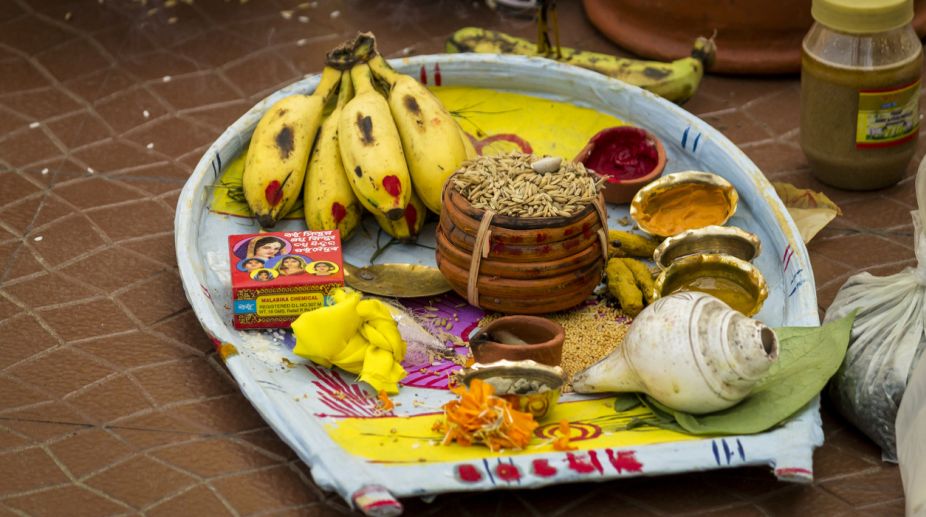Karnataka govt to step up security at tourist spots after gang rape of foreign tourist
While the American and Maharashtrian tourists climbed out of the canal, another tourist, Bidash, could not be found and later his body was recovered.

Representational image (Photo: Getty Images)
The decision of the Karnataka government to ban superstition by law is well-intentioned but may not be productive.
The Karnataka Prevention and Eradication of Inhuman Evil Practices and Black Magic Bill, 2017, approved by the Siddaramaiah cabinet last week, is scheduled to be tabled in the Assembly during the winter session. The aims and objectives of the Bill are laudable as it is in keeping with the spirit of Article 51 A (h) of the Constitution which says “it shall be the duty of every citizen to develop scientific temper, humanism and the spirit of inquiry and reform,” but sadly superstition and religion are intertwined.
Advertisement
Freedom of religion is a fundamental right guaranteed under the Constitution. Even before the Bill has been taken up for discussion in the legislature, the Opposition BJP in the Karnataka Assembly has dubbed it as anti-Hindu as it seeks to ban among other things bethale seve (parading woman naked before temple deities), madesnana (making devotees roll over leftover food eaten from banana leaf, a revolting act in the name of piety), fire-walking and such other rituals. Temples are not singled out in eradicating superstition.
Advertisement
Dargas are not spared either. The hauling of an 18-month-old boy wrapped in a banana leaf over hot charcoal in a darga in fulfillment of a vow taken by his parents after the anti-superstition law was cleared by the government has led to the Child Welfare Committee serving a notice to the parents of the baby. In neighbouring Tamil Nadu, the ruling AIADMK had forced more than 20 children to pierce their cheeks with steel rods and paraded them through streets as part of a ritual for the speedy recovery of former Chief Minister J Jayalalitha on 3 October last year.
Jayalalitha died two months later. Though science has made great progress in the country, a vast section of the people, notably political leaders, cling to age-old superstitious beliefs and practices. Former Andhra Pradesh Chief Minister and founder-leader of the Telugu Desam Party NT Rama Rao, advised by his astrologer never to leave the Hyderabad Assembly complex by the exit gate as it lacked vastu compliance, built an ornate third gate in accordance with vastu shastra for his exclusive entry and exit at great cost to the exchequer.
Within months, Chandrababu Naidu, his own son-in-law, staged a coup and captured power and the Telugu Desam. A heartbroken Rama Rao died shortly after. Notwithstanding this, Chandrasekhara Rao, Chief Minister of Telangana, has decided to abandon the sprawling secretariat in Hyderabad and build a brand new one compliant with vastu for which the Narendra Modi government has offered to lease the Secunderabad polo grounds belonging to the Defence Ministry.
In this milieu, the Karnataka anti-superstition law is unlikely to see the light of day.
Advertisement